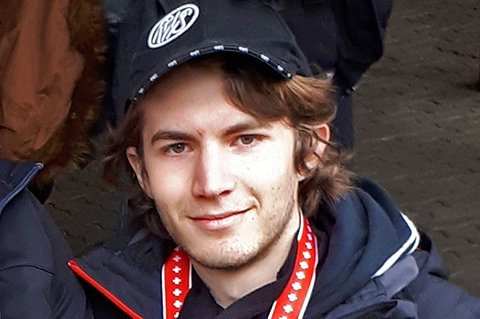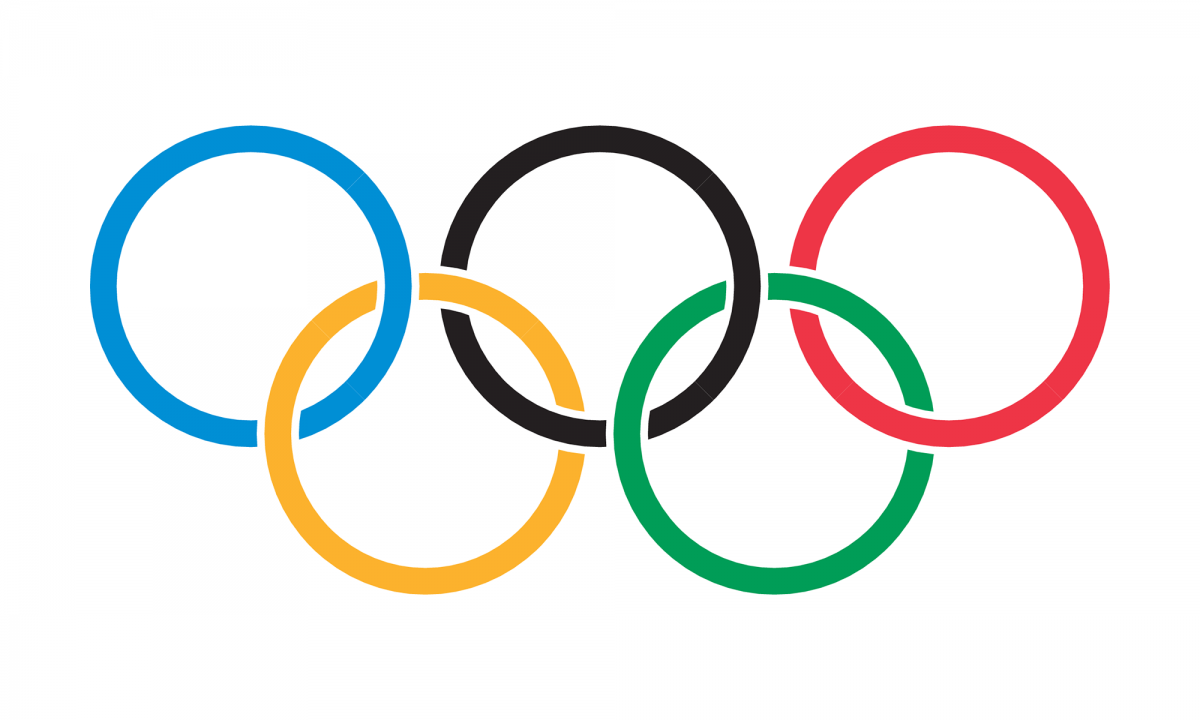Paris 2024 Olympics: shooting disciplines confirmed, albeit at a price!
Shooting disciplines have been confirmed for the Paris 2024 Olympic Games at the 131st session of the International Olympic Committee, but the price to pay will be high: several events and disciplines will be canceled, while others will be replaced by "mixed team" events
The world of shooting sports enthusiast has been long well aware that, starting from Tokyo 2020 Olympic games, three pillars of sport shooting will no longer be olympic events: the ISSF 50m prone rifle, the ISSF 50m pistol, and double trap shooting have been officially pulled from olympic schedules.
Next week – October 23 thru 30, 2017 – the 2017 ISSF World Cup finals in New Delhi, India, will mark the last world-class event to feature both the ISSF 50m prone rifle and 50m pistol shooting.

The Tokyo 2020 Olympics logo
According to the International Shooting Sport Federation, the decision to pull those disciplines from olympic schedules followed a set of requests and recommendations of the International Olympic Committee which aimed to guarantee more gender equality in olympic disciplines.
More specifically, the IOC recommended all international olympic sports federations to take the necessary steps to push for a higher level of gender equality in disciplines by replacing all men-only events with mixed events in order to encourage the participations of female athletes.
Whatever the official reasons may be, in terms of sport shooting this led to the cancellation of the two men-only 50-meters shooting events from all olympic schedules, to be replaced with with "Mixed Team" 10-meters shooting events, each team composed by a man and a woman.
This formula has already been tested during the course of international-level shooting events such as world cups, European championships and the like, and so far the feedback from shooters and athletes has been positive.
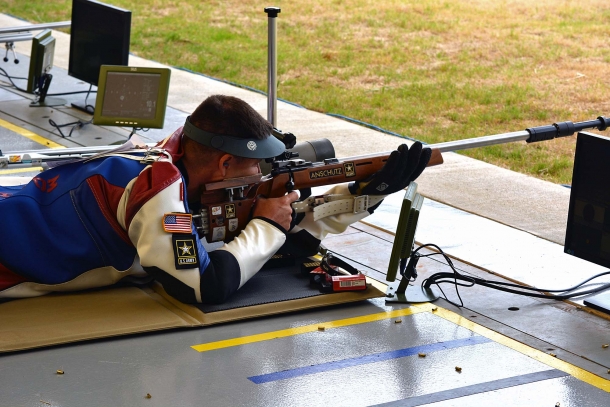
ISSF 50m prone rifle
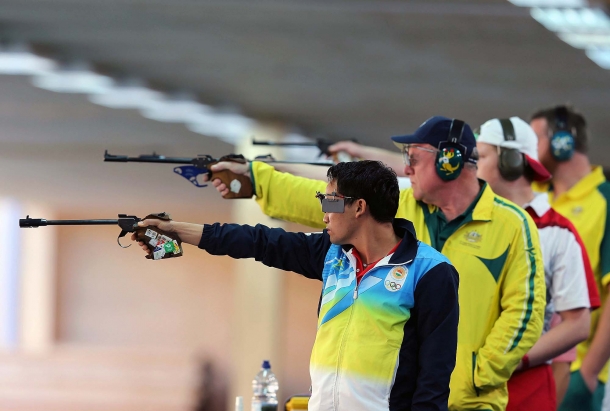
ISSF 50m pistol
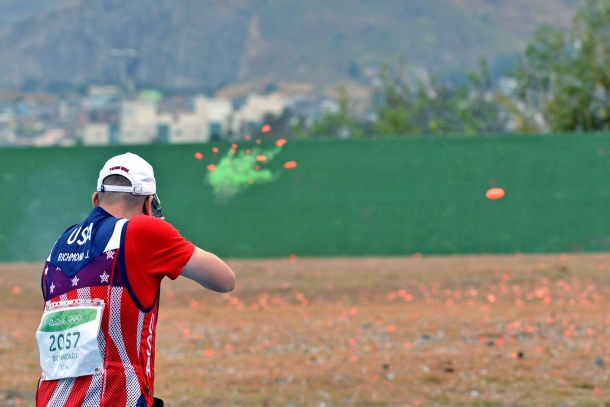
Double Trap
However, the notoriously traditionalist world of sport shooting could not turn a blind eye at the cancellation of two historic shooting events that had been part of modern olympic games since their inception. Shooters, trainers and several national federations have indeed raised their objections.
More specifically, the shooting world suspects that the cancellation of the ISSF 50m Prone Rifle, of the ISSF 50m Pistol and of the Double Trap disciplines from all olympic schedules are just the first step in a broader IOC's plan to cancel all shooting sports from the Olympics and replace firearms and airguns with laser guns like those used in modern Pentathlon.
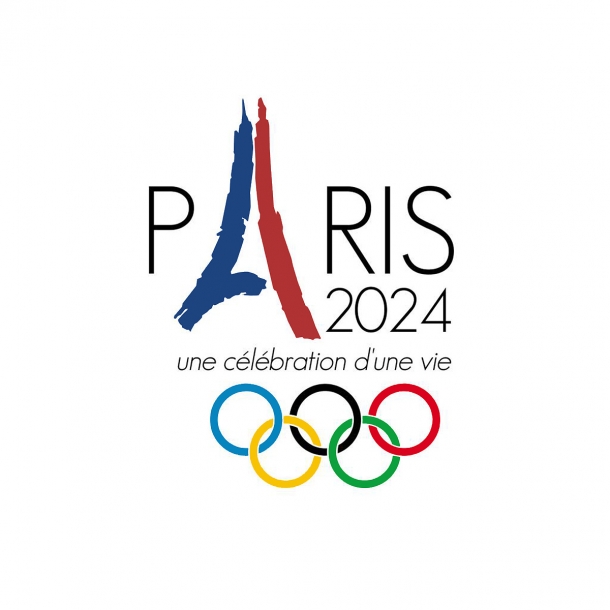
Sport shooting will be part of the Paris 2024 Olympic Games, but the future looks dim
Top-class shooting legend Rajmond Debevec, incumbent ISSF 50m Prone Rifle world champion Warrent Potent and Olympic gold medalist Henri Junghänel were among the strongest criticists of this decision so far. Luciano Rossi, the President of the Italian Clay Shooting Federation (FITAV), was also among those who asked the ISSF to organize an extraordinary assembly, which took place last Summer in Munich. Unfortunately said assembly ended without results other than a vague commitment by the ISSF to ask the IOC to reintroduce the canceled shooting disciplines in the next olympic quadrennial.
ISSF also ensured that the disciplines removed from the olympic schedules will still remain mainstays of other event such as the World Championships and the continental championships. Looking back at the history of shooting sports, however, enthusiasts will remember very well how other disciplines pulled from the olympic programs – such as the ISSF 300m rifle – suffered from an immediate and steady decrease in following and they're now nothing more than niche disciplines.
The diversity of the shooting sports panorama is indeed at risk: while as a matter of fact the ISSF 50m Prone Rifle discipline still enjoys a high level of success and following on a global scale, and stands great chances to survive and thrive even outside of the olympic schedules, the same can't be said for the ISSF 50m Pistol. Its cancellation from the Olympics could be nothing short of a death sentence.
The shooting industry has also voiced its concerns, with manufacturers and distributors of the most popular types of firearms and ammunition used in the canceled events worrying about the possible economic backlash that a decrease in following may cause.
With everything being set in motion for the organization of the next Olympic Games, all that's left is to wait and see.

